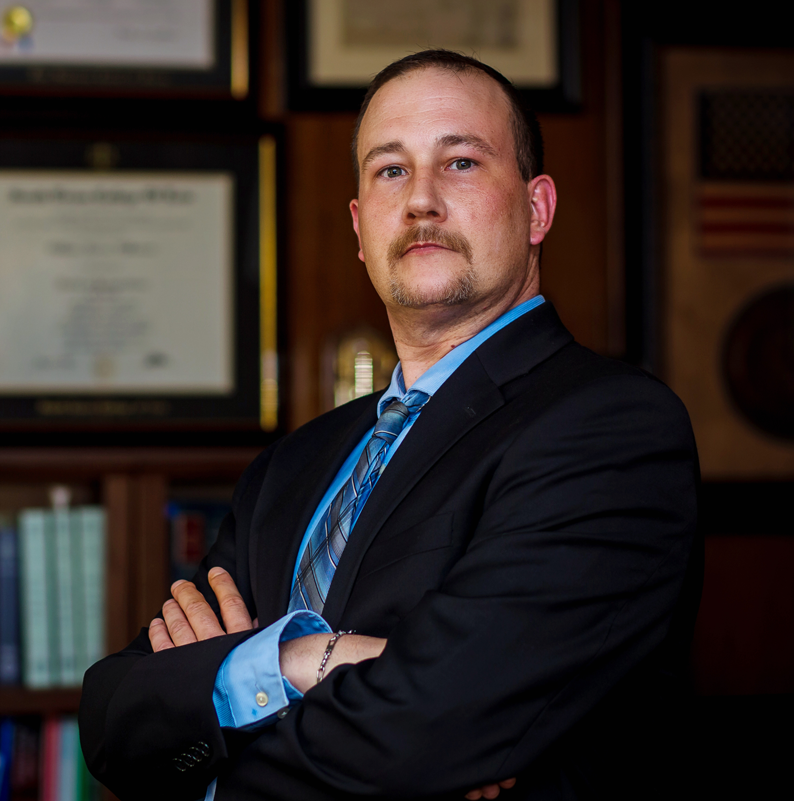In Texas, juvenile justice proceedings are a subset of the Family Code. The juvenile system operates very differently from criminal courts for adults. Juvenile proceedings marry aspects of family court with those of civil court. There are many reasons juvenile justice works differently, one being that there’s more focus on rehabilitation. For some heinous crimes, though, there are hybrid sentences or even removal to adult court.
The goals of juvenile court
Juvenile crimes are seen by the court as different from adult crimes. Usually, the juvenile court system seeks to treat and rehabilitate people rather than punish them. Prosecutors in juvenile court cite teens who’ve stopped stealing and given up drugs as their success stories. It’s not about conviction, it’s about helping people build better lives.
Sentencing for tough crimes
There’s no limit on the length of juvenile sentences in Texas. But there are some hybrid-type sentences that combine time in the juvenile system with time in the adult system. These are known as determinate sentences. Determinate sentences are only used for serious crimes such as aggravated sexual assault and capital murder. They can be handed down to children as young as ten.
Another option in Texas’ juvenile system is to transfer a serious case to adult court. This is formally known as a waiver to adult court. A prosecutor uses their discretion to decide which cases they believe should be transferred. A petition to make the transfer must be filed with juvenile court and approved. Again, this is only used for serious crimes like murder.
If your child is currently in the Texas juvenile system, you need an effective lawyer. A good attorney may advocate effectively for your child and may be able to help your child access treatment, not punishment.

